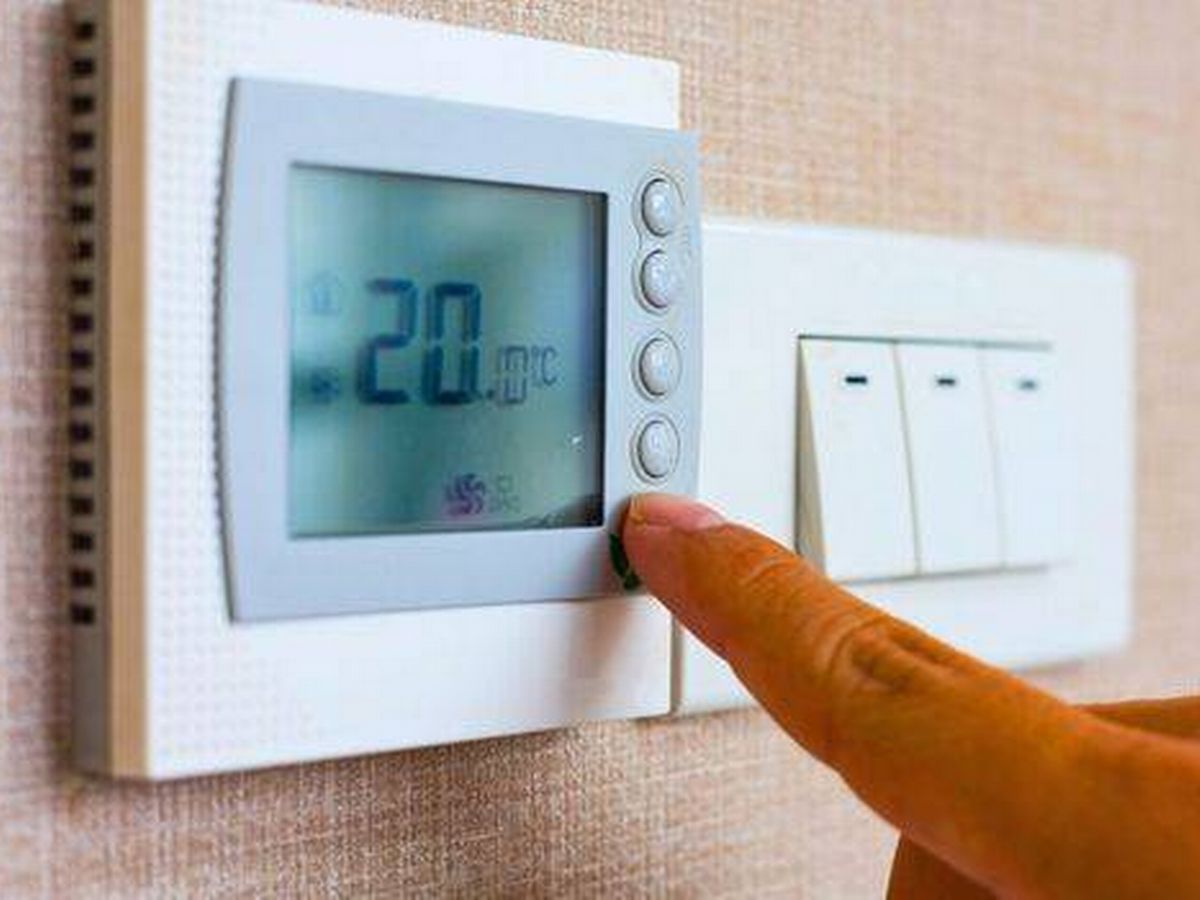By Katherine McPhillips
Copyright manchestereveningnews

Autumn’s here and you might be thinking it’s time to turn the heating on . It’s generally recommended to switch on your radiators once the weather begins to drop below 15C. But with energy bills increasing every year, warming a home can cost a lot of money. The experts at Energy Saving Trust have revealed that while it is popular advice to leave the heating on low all day, this will actually cause electricity costs to soar. They said: “Generally, it’s useful to have your heating come on around half an hour before you get up in the morning. Then, have turn it off again around half an hour before you go to bed.” Homes are constantly losing heat through windows or doors, so keeping the radiators on low all the time will not keep rooms warm, and actually just means your boiler is on for longer. It tends to be better to set the heating for about 30 minutes before you wake up in the morning, so you can start your day warm and comfortable. Waking up to a freezing house makes it more difficult to get out of bed, so you are more likely to not get much done in the morning or even sleep through your alarm. Sign up to our Manchester property newsletter here You should also set the heating an hour before you come home, so it is warmed up once you arrive, and then turn it off 30 minutes before going to bed. There is also no point having the heating on at night when you are sleeping as you will be warm under a duvet so it is an unnecessary cost. It is best to avoid letting any part of your home fall below 16C as this means your body has to work harder to stay warm and can lead to a weakened immune system or other health risks. Homes should be heated at 18C minimum if you want to be efficient, but it is generally recommended to have your home around 21C to stay warm and healthy. The expert said: “The main thing to get right is your room thermostat. Generally, you’ll want to set this somewhere between 18C and 21C, and this will make sure the heating doesn’t come on until you need it to. It also makes sure you’re not overheating your home over the winter. Join the Manchester Evening News WhatsApp group HERE “In fact, turning your thermostat down from 22 to 21 degrees could save you £90 a year in Great Britain (GB) and £100 in Northern Ireland (NI).” If you let your home become too cold, it will need more energy to heat it back up, so keep it at 18C to 21C in order to stay cosy this autumn.



